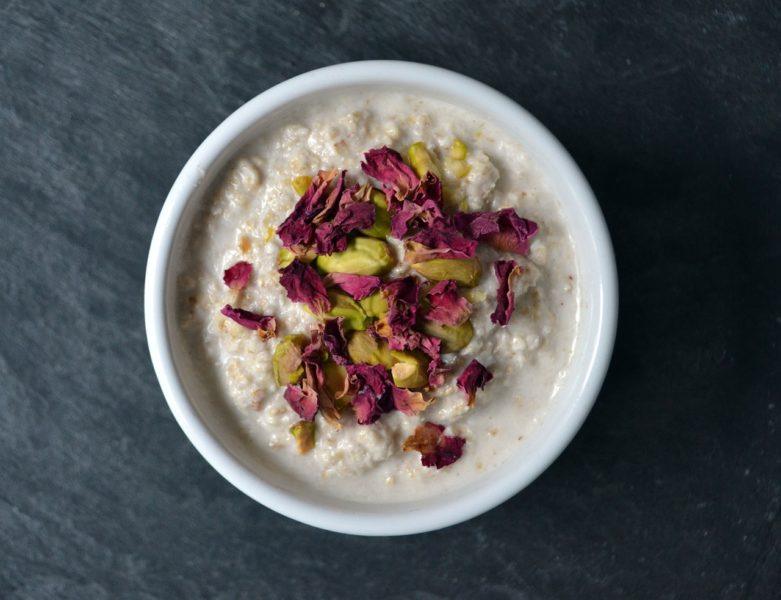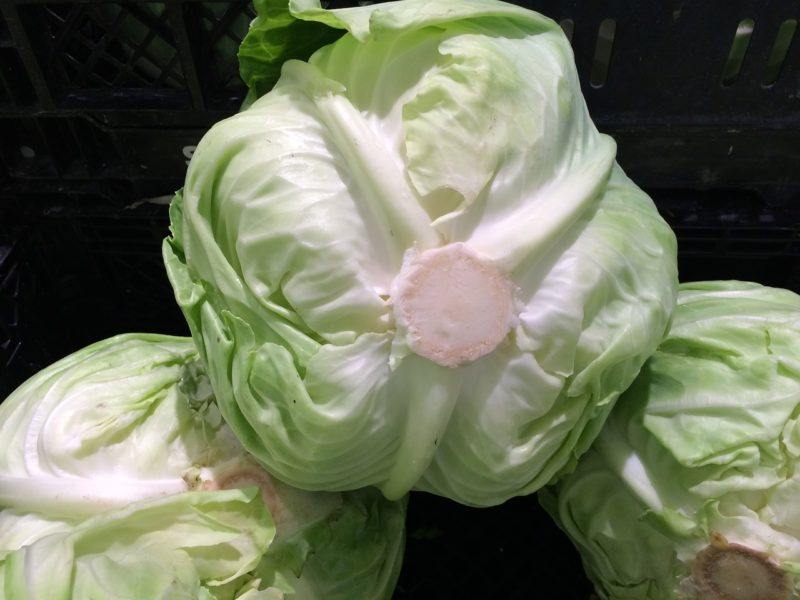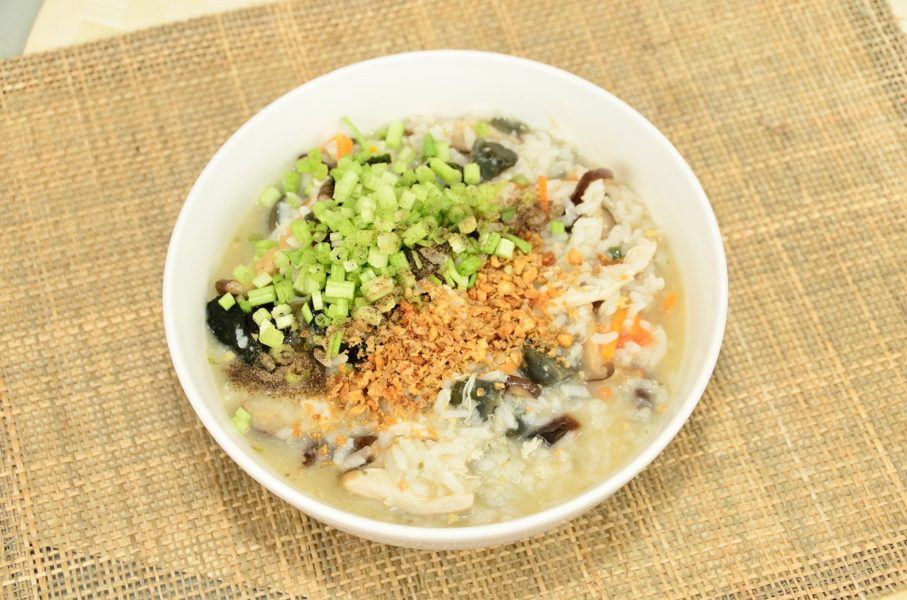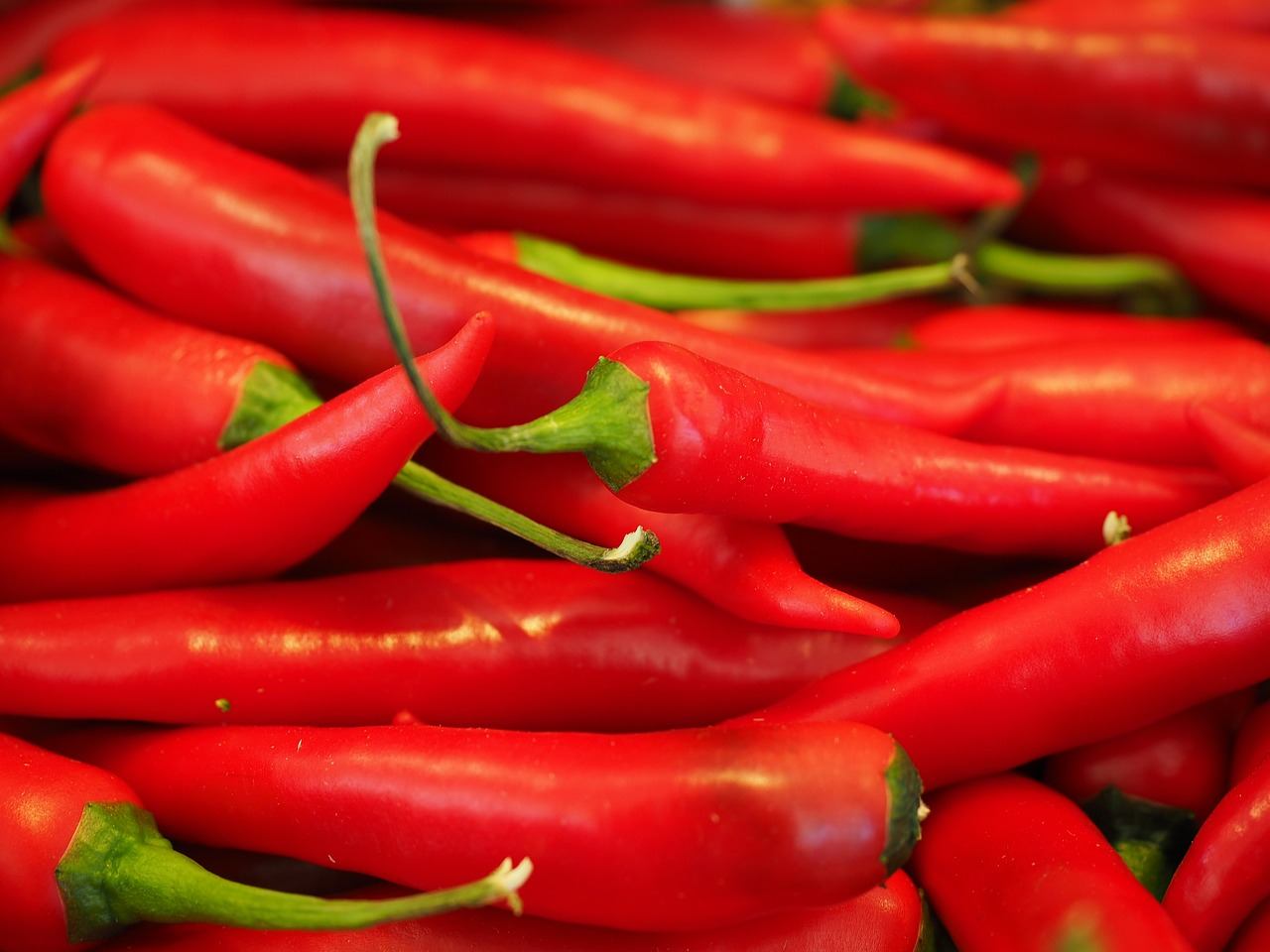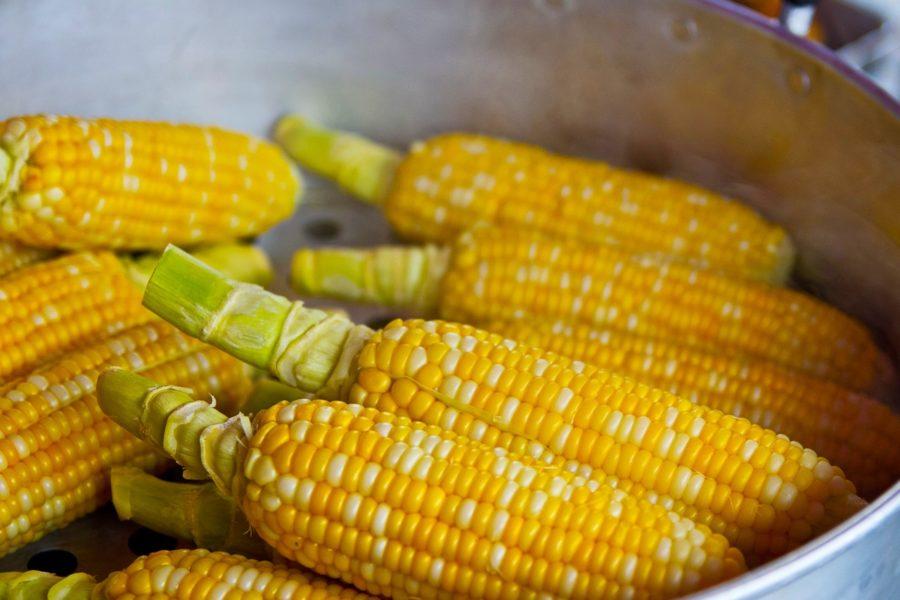The Best Foods and Drinks
1. Oatmeal
Oatmeal is a great choice for people with nausea or an upset stomach because it is a bland, easy to digest dish with little fat and with plenty of fiber. This fiber can help to ease constipation, a common cause of abdominal discomfort, and it is rich in minerals like zinc and selenium, which can improve immunity and make viral or bacterial stomach infections less likely.
2. Cabbage
Cabbage is another great choice for people with upset stomachs and has even been used for more serious conditions like intestinal ulcers. Cabbage has anti-inflammatory properties and can soothe down and reduce discomfort for inflammatory digestive conditions like Crohn’s disease. However, it is important to be aware that for some people, cabbage can cause abdominal pain due to gas and bloating, mostly due to its fiber and sulfur-based compounds.
3. Congee
Many people in the West have not heard about congee, but this mixture of grains, vegetables and herbs has been served in parts of Asia, like India and China, for hundreds of years. It is valued for its ability to strengthen the digestive system and reduce digestive problems because it is easy for the body to break it down and is nutrient rich and considered to be healing for the gastrointestinal tract.
4. Chamomile Tea
Chamomile tea is a drink that has been used at least since Roman times for its ability to calm upset stomachs and it has also proven useful in cases like nausea and even colic in babies. Chamomile has anti-inflammatory properties and also are anti-spasmodic, so they can soothe down muscle cramping and pain. Its mild sedative properties also help to relax muscles in the digestive tract.
The Worst Foods and Drinks
Just as some foods and drinks are helpful for upset stomachs, others can exacerbate or make the problem worse. Here are some of the most common culprits:
1. Chili Peppers
While their characteristic heat can add a lot of flavor to a variety of foods, that same heat can also irritate the lining of the esophagus, stomach and other parts of the digestive tract. Spicy foods which have chili peppers or other hot ingredients should be avoided, especially for people with conditions like inflammatory bowel disease.
2. Corn
Corn is not a bad food in and of itself, but most people who have eaten corn on the cob then gone to the bathroom the next day realize that, if it is not chewed thoroughly, this grain can pass through the digestive tract undigested, causing bloating and discomfort. This is probably because our ancestors, who were hunters and gatherers, did not evolve to break down these kinds of grains. At any rate, if you do eat corn, make sure to eat it slowly and chew it well in order to help your body break it down.
3. High Fat Foods
High-fat foods are difficult for a number of reasons. For one thing, they take longer to break down and slow the digestive process, which in and of itself can lead to discomfort and bloating. It also requires extra effort on the part of your digestive system and the production of enzymes like lipase in order to break it down properly. In general, if indigestion is a problem, low-fat foods are a better way to go.
4. Alcohol
While a glass of wine with dinner or a cold beer during a football game may sound appealing, the problem is that the alcohol in drinks like these can act as an irritant to the lining of the digestive tract and exacerbates problems like nausea, heartburn and general stomach upset. So if you do have digestion problems, especially if they are chronic, then consider these best and worst foods. Avoiding or embracing them can make a big difference in how well you manage the health of your digestive tract.
